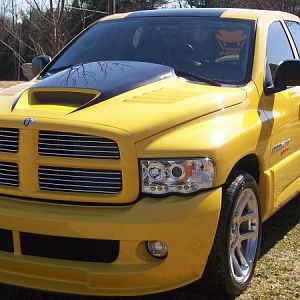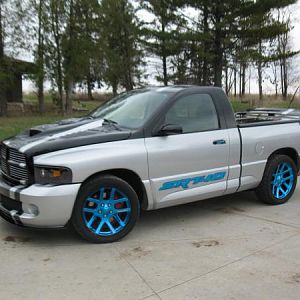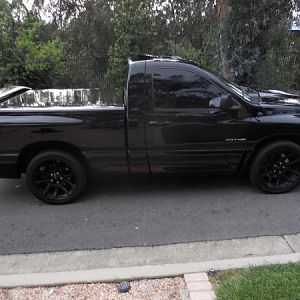Here is a great explanation on why using the 15W50 M1 in your engine doers NOT help....From this site:
https://540ratblog.wordpress.com/2013/06/20/motor-oil-wear-test-ranking/
"Here are some comparison numbers from an 830 HP road race engine on the track:
.
15W50 oil = 80 psi = 265* oil sump temperature
.
5W20 oil = 65 psi = 240* oil sump temperature
.
Here you can see how the thicker oil flowed more slowly through the bearings, thus getting hotter, driving up bearing temperatures and increasing sump temperatures. And the thinner oil flowed more freely and quickly through the bearings, thus cooling and lubricating them better than thicker oil. And this means the oil coming out from the bearings, and going into the sump, is also cooler. And that is why we see the cooler sump temps with this road race engine example.
.
If an engine is running hot, use a thinner oil to increase flow, increase internal component cooling, and help keep sump temperatures down. Keeping oil temps down is important to help keep oil below the threshold of thermal breakdown.
.
Almost no engine should ever need to run oil thicker than a multi-viscosity 30 weight. The lower the hot viscosity rating, the number after the W, the better the hot flow. For example, hot 5W30 flows WAY better than hot 10W60. Thinner oil will also typically increase HP"
Keep in mind, the M1 15W50 ranks 188 on the protection list!!!

The M1 0W40 "FS" is still in the top 10 at #6






